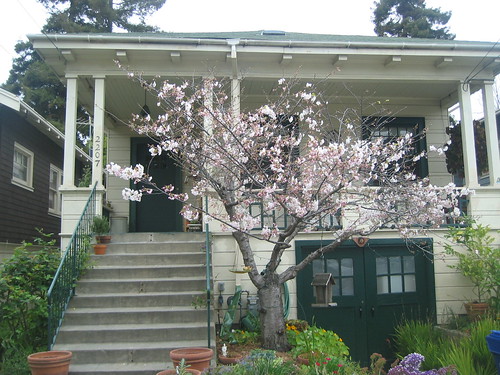
If you’re considering investing in real estate, good for you! It can be a great way to get your extra cash earning a high percentage, and can be a very solid investment. However, purchasing property at random and without the knowledge you need could cause you to end up losing an exorbitant amount of money and put you into a terrible situation. Before buying an investment property, here’s what you need to think about.
How Much Should you Invest in a Property?
Some investors like to pay for a property in cash, while others like using a mortgage as leverage. If you purchase a property outright, you don’t have to worry about making any payments to the bank, and most of the cash-flow from rent goes straight into your pocket. However, getting a mortgage allows you to only put down 20 percent of the total price, which allows you to either get a place that costs more than what you have saved or to purchase multiple properties. Even though you’re paying additional money to the bank for the loan and get less of the rental each month than if you owned the place outright, you earn a much bigger percentage of the cash you put into it.
What Type of Property Should you Buy?
Most people start out buying single family homes, simply because they’re what we’re most comfortable with. It seems pretty cut-and-dry to buy a house with a mortgage, rent it to a family for more than you have to pay the bank, and have them living there, taking care of the property for the next several years. This is ideal, and is a common situation if buy a solid property in a good area with a high rent-to-purchase-price ratio, but it’s not the only option out there for you. Just in the residential property field, you could also look into buying a small apartment complex, multi-family homes, and condos. If you’re buying a residential place, you should ensure that you’re getting a good return on your investment; often, a good rule of thumb is to make sure that your mortgage, insurance, and taxes only eats up 50 percent of the rental income, so you can save the rest for vacancies and repairs, and still turn a profit.
Commercial property, like a restaurant or a strip mall, is another option. While it often costs more to purchase commercial property, you can get a good return because businesses like to stay in one spot as long as possible, meaning you don’t have to deal with turnover as much as with residential properties. However, you do have to deal with longer vacancies as you work to find a business to move into the area, and getting a mortgage on a location can prove difficult if the bank doesn’t believe it to be in a prospering area.
Whatever property you’re considering, it’s important to look at comparable properties to see how much you will be able to rent out the space for and to use that as a guide when deciding how much you’re willing to pay for it. A property that loses you money each month is only a good investment if prices skyrocket and you can sell at a much higher purchase price, and that’s never a guaranteed bet and can leave you in a very precarious position.

How Can You Add Value to the Property?
Almost any place you purchase, you should look at what kind of value you can add to it. If you can do something relatively inexpensive at the outset to get you a much higher return for your money, that effort at the beginning could end up being well worth it. Simple things like paint and carpet can hurt a house’s selling price, which lets you get a bargain that you can fix up cheaply and get rented out quickly. Eventually, you’ll also be able to sell it at a higher value if you keep it looking nice. Jim Randel, a successful real estate investor, follows the philosophy, “If you can’t figure out a way to add value, pass on a deal.”
How Much Work do you Want to Put in?
Fixing up a place, finding renters, and dealing with any problems that come with rental property, like repairs or non-payment, can be overwhelming if you’re not used to it. Sometimes you become overloaded with tasks, but often the place runs smoothly on its own with little work from you. However, you have to ask yourself how much you’re willing to do and how much you want to outsource. Getting a handyman for odd jobs is pretty simple, as is paying a company to help you find renters, but if you’re living out of state or have too much other stuff on your plate, it might be best to get a property management company to take care of it all for you, leaving you with a nearly-passive income stream. This comes at a cost, though, usually around 10 percent of the monthly rent.
Investing in real estate can be a very fruitful endeavor, but there are definitely quite a few decisions you have to make before you can start pulling in the cash. Play it smart, though, and you can find yourself with a successful real estate investment in no time.







Leave a Reply: